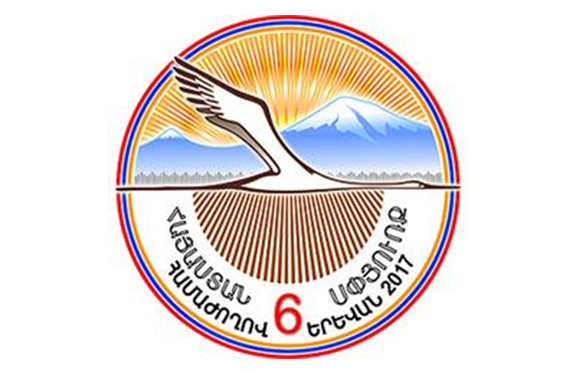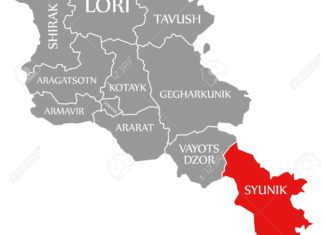By H.K.
The sixth Armenia-Diaspora Congress in Yerevan September 18-20 is finally over. Much was written about it prior to the event, much is being written and discussed at the present and no doubt, a sizeable number of commentaries will be its legacy in the coming weeks and months.
The big question remains how to translate the various recommendations and resolutions that are on paper into tangible results and action plans, thus justifying the convening of the meeting.
The Congress provided a golden opportunity for getting together, exchanging experiences, exploring avenues of collaboration and networking. In the 90-plus presentations, in four different sessions, there was a mix of calls for better communication, coordination, effective and sustainable investments, self-serving addresses, utopic suggestions, albeit not much by way of practical and constructive dialogue particularly in relation to complementarity within this network of Armenia-Artsakh-Diaspora. In this context, there were numerous calls for the Diaspora to be more cohesive and united in its actions.
The mantra of the congress was “Prosperous Armenia, Independent Artsakh and a Cohesive and Vibrant Diaspora.” This was explored and elaborated in the final resolution that was read by the Minister Hranush Hakobyan and unanimously approved at the end.
As they say the devil is in the details when it comes to the implementation. Already the press and media in Armenia and the diaspora have started the debate as to how to proceed. Curiously, however, several authors in articles, blogs and discussion groups have considered that this as a whole has been an exercise in futility.








